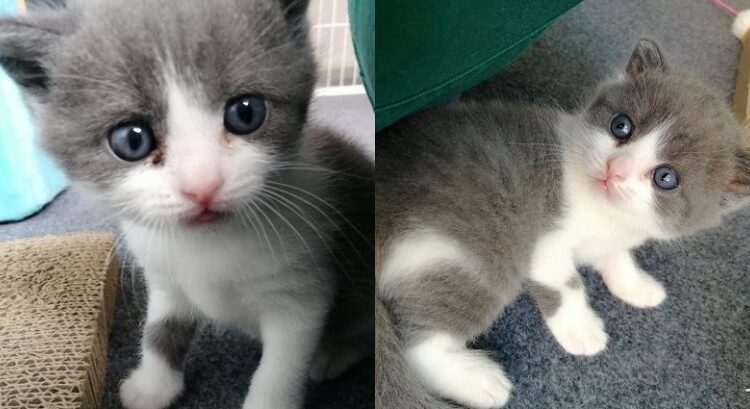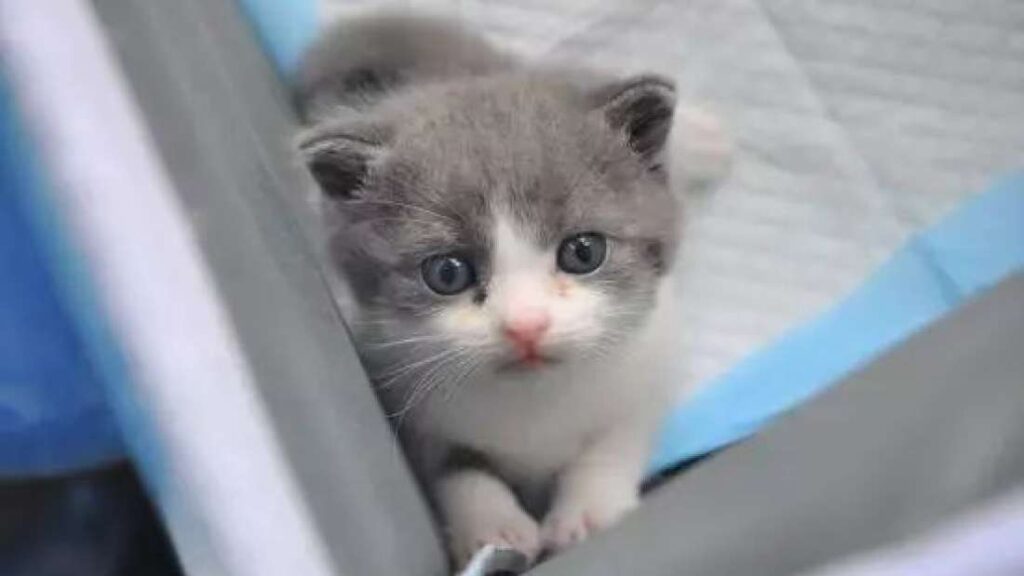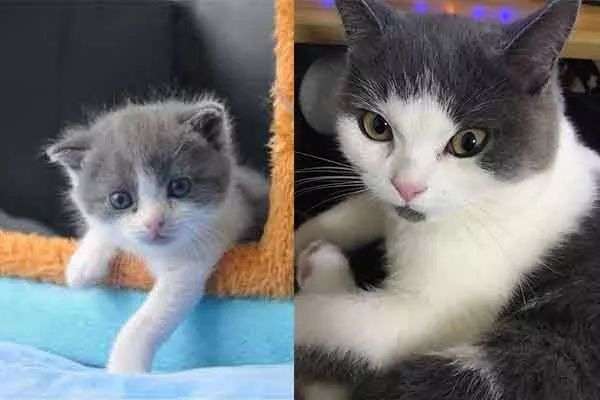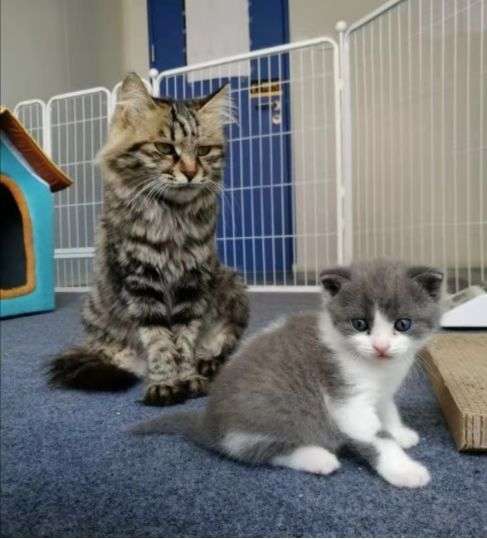
When Huang Yu’s 2.5-year-old British shorthair called Garlic died, he felt there was only one thing he could do: build another one that was exactly the same.
Sinogene, a pet cloning firm located in Beijing, has previously cloned more than 40 dogs, including the world’s first police dog. Animal species somatic cell cloning is a relatively new technology, and significant problems remain when it comes to creating feline clones. They were, however, up to the task.

“Unlike other animals, cats have unique reproductive and physiological traits. “Cats are one of the few ovulation-inducing animals since they do not have spontaneous ovulation,” stated veterinarian Shi Zhensheng in a statement. “They have a unique reproductive cycle, and cloning procedures are tough.” The procedure is time-consuming. This is one of the few successful examples of cloned cats in the world, and it marks China’s huge stride forward in the science of cloning.”
Scientists were able to implant an embryo to a surrogate cat who carried the growing kitten for 66 days after nearly a year of labor. Garlic 2.0 was born naturally on July 21, 2019, and its genetics are totally taken from the now-deceased Garlic’s somatic cells. According to scientists, young Garlic has been studied for about a month and is in good physical condition, acting similarly to normally produced kittens.

According to Agence France-Presse, the treatment cost 250,000 yuan ($35,000), but Yu thinks the money was worth it to have his furry feline companion — or a replica of it – back.
In an interview with the cloning firm, he remarked, “Its name will continue to be Garlic since in my heart I have always believed that the cloned kitten is the continuation of its existence.”
Though he will mourn his original cat, who died of an unknown disease, he finds consolation in a new cat with the same DNA.
“I believe that each owner’s original aim to clone their dogs will be different. “Each cat is completely individual with his own personality,” Yu explained.

According to the pet-cloning company, more than 22 million Chinese people raised 40 million pet cats last year. If even a small percentage of people are ready to pay tens of thousands of dollars to have their pets replaced, the pet cloning industry might become very profitable very quickly.
Chinese researchers cloned two macaque monkeys last year, making them the first authentic clones of a primate species. A South Korean laboratory will also clone your dog for $100,000. But the fun doesn’t end there: scientists in Siberia are attempting to clone a 40,000-year-old preserved foal, while researchers in the United States are attempting to clone a woolly mammoth.
According to Sinogene, cloning domestic animals might have various benefits, such as cloning endangered species to grow and efficiently control populations and prevent infections. In the near future, the business hopes to try cloning equestrian animals and homing pigeons.
